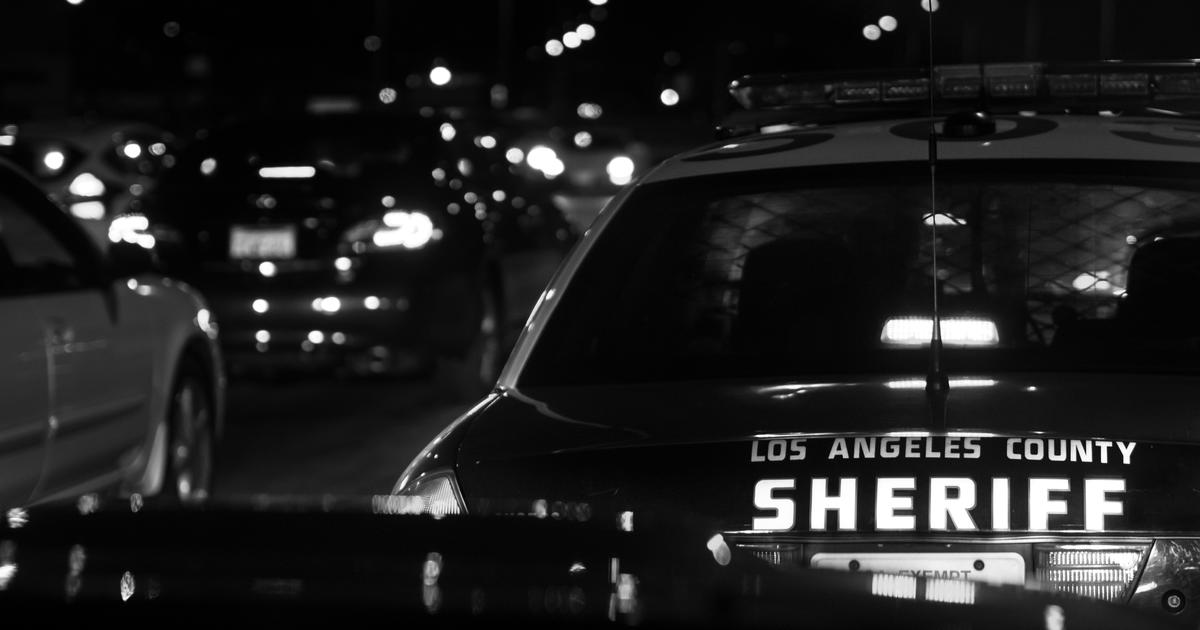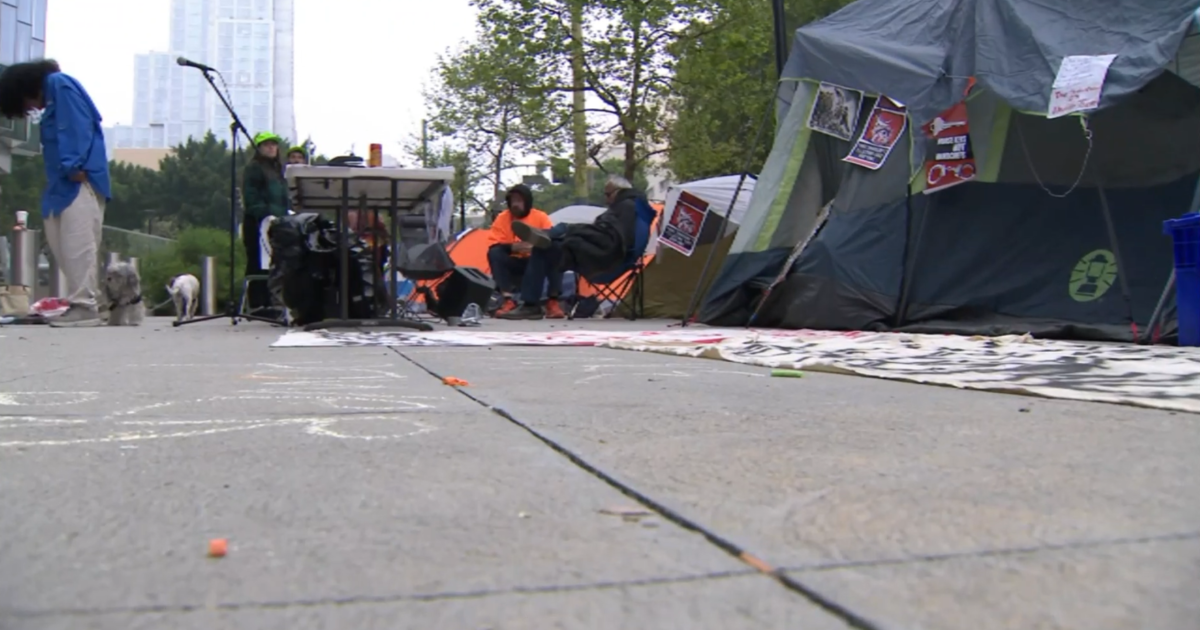Civil Liberties Groups Voice Concerns Over Cell-Site Simulators
LOS ANGELES (CBSLA.com) — Cellphones hold private information a long list of civil liberties groups worry is vulnerable to high-tech searches and seizure.
"In the old days, police couldn't go to every single person's door searching every person's home in order to find one bad guy and that's similar to what may be happening here," said Jessica Price of the ACLU of Southern California.
Price is talking about cell-site simulators, or IMSI-catchers.
The devices are about the size of a suitcase and can help police and track cellphones around them, including those of suspects. They work by sending out a signal stronger than those of cellphone companies.
Cellphones, even when not in use, are looking for a signal. If near a crime scene, the phone may think it's pinging a carrier tower, but instead may be connecting to the device.
The ACLU likens it to the digital age colliding with the centuries old Fourth Amendment.
"It doesn't just go after the bad guys," Price said. "This device, which mimics a cellphone tower, enters, sends signals into your pockets, into your household, wherever your cellphone may be, to get information about you."
Most local agency devices cannot eavesdrop on calls or texts, but a law enforcement source says the LAPD could be using even more sophisticated software that can intercept data and even pinpoint social media posts.
CBS2 wanted to put those questions to Chief Charlie Beck who replied: "I can't answer that."
In fact, a long list of civil liberties groups say the LAPD has refused to turn over documents or flat-out ignored public records requests, even though others like the Los Angeles County Sheriff have turned over some information.
The news station asked Beck about that, who replied: "It's not that we don't want to, but we don't think we're legally required to."
The reason being agencies sign agreements like one CBS2 obtained from Ventura County.
In it, the FBI bars deputies from disclosing information on the devices even in court hearings, saying that acknowledging the existence of the equipment would endanger the lives and safety of law enforcement.
"With all the secrecy surrounding the use of these devices, that means that there is no oversight and without oversight, there is no accountability," said cyber security expert and privacy activist Mike Katz-Lacabe.
He says new laws in California now require agencies to post their policies regarding when and how the devices are used although few have.
Chief Beck again didn't want to talk about it, saying "I'm not gonna discuss that."
A new law in California now requires police to get a warrant to use the simulators.
But, privacy rights groups argue, with so much secrecy, it may not be possible to know if the law is being followed.



